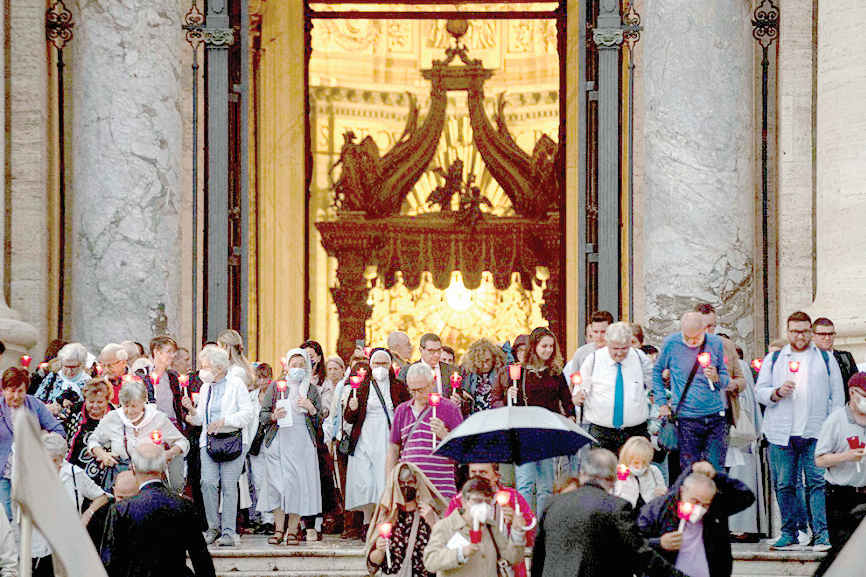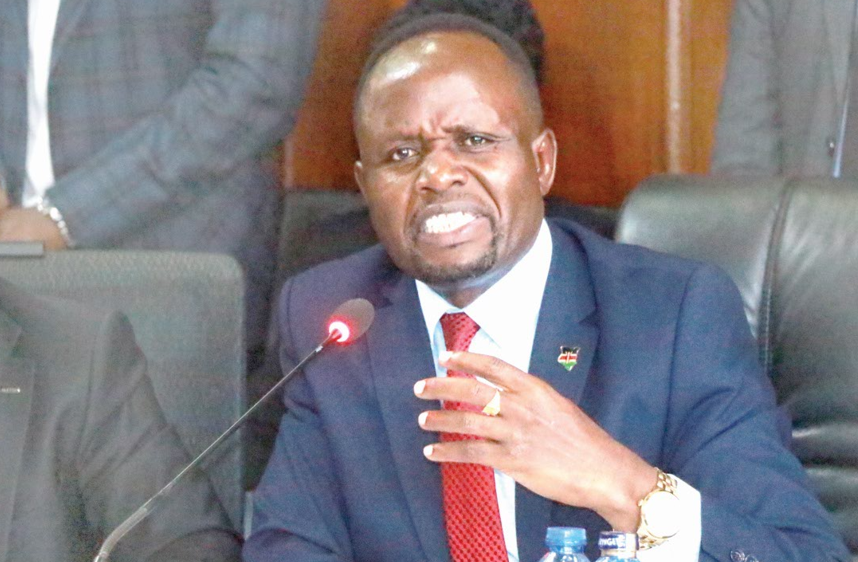Climate: What next Pope must do

When Pope Francis released Laudato Si’ in 2015, it didn’t just mark the Catholic Church’s entry into the climate conversation, it reframed it. Pope Francis, the first pontiff to make ecological degradation a centrepiece of his papacy, described climate change as a profound moral crisis, not merely an environmental one.
Nearly a decade later, the urgency of his message has only grown. As the world prepares for the next chapter in papal leadership, it is vital that climate action not only remains on the Church’s agenda but becomes even more central to it.
The next Pope should not see Laudato Si’ as a closing statement, but as a foundation to build upon. Pope Francis gave the Church, and indeed the world, a powerful language to talk about climate change in moral, spiritual, and human terms. He reminded us that the Earth, “our common home”, is crying out under the weight of human greed, short-term interests, and economic systems that treat nature as a commodity.
He also reminded us that the climate crisis is inseparable from issues of poverty, inequality, and injustice. Pope Francis dared to speak these truths from the seat of one of the most ancient institutions on Earth. In doing so, he gave legitimacy to environmental concerns long dismissed as the domain of activists, scientists, and politicians. He brought the full weight of Catholic moral tradition to bear on one of the most pressing crises of our time.
The next Pope must carry this torch forward. But he must also take it to new places. To manage this, he can embed climate action in the core mission of the Church. This means going beyond encyclicals and symbolic gestures. Catholic dioceses and parishes need to become models of sustainability, installing solar panels, reducing waste, conserving water, and divesting from fossil fuel investments.
Apart from that, since the Vatican has a seat at international climate summits not as a technical negotiator, but as a moral compass, the next Pope must speak clearly and courageously in these spaces. He must challenge nations to meet their climate commitments, to phase out fossil fuels, and to fund climate adaptation for countries that did the least to cause the crisis but suffer the most.
Additionally, the next Pope must amplify the voices of communities on the frontlines of climate change. These include indigenous peoples defending forests, women walking miles for water in drought-stricken regions, and youth rising in protest over a future they fear they may never see. The Catholic Church has a global network that reaches into the most remote and affected areas. It must use this network not just to preach, but to listen, to accompany, and to stand in solidarity.
Finally, the next Pope should deepen the Church’s theological understanding of creation. Pope Francis took a significant step in reviving the notion that all of creation – humans, animals, plants, water, and air – is interconnected.
This worldview is deeply embedded in Catholic tradition, but has been neglected in modern theology. The next Pope should encourage spiritual reflection that places ecological care at the heart of Christian life. Masses, prayers, and sacraments should reflect this integration, reminding the faithful that destroying nature is not just imprudent, it is sinful.
- The writer is a Science Reporter with People Daily and PD Wikendi















